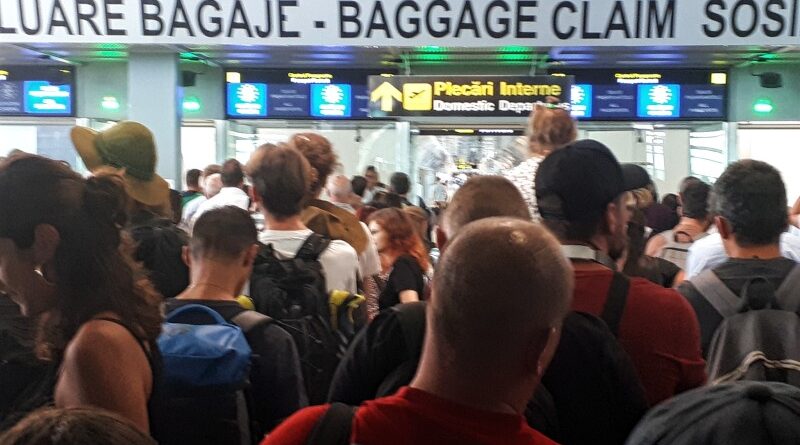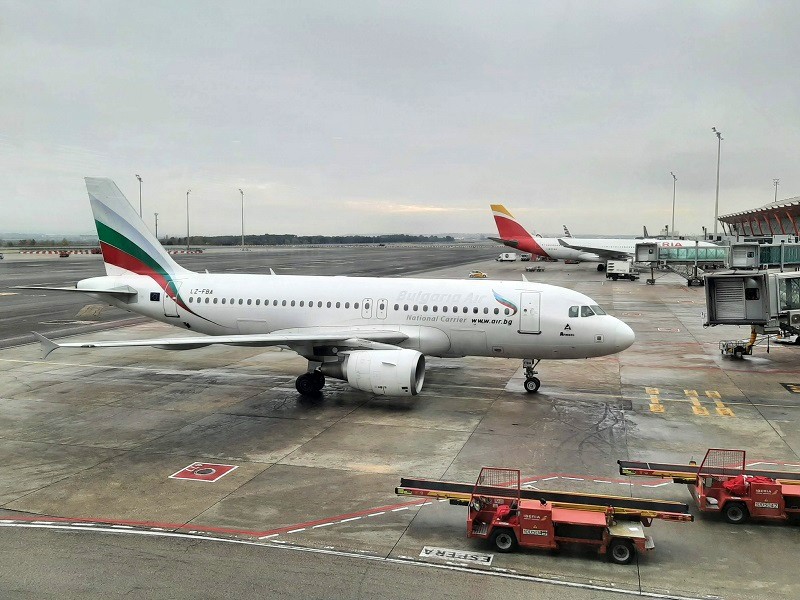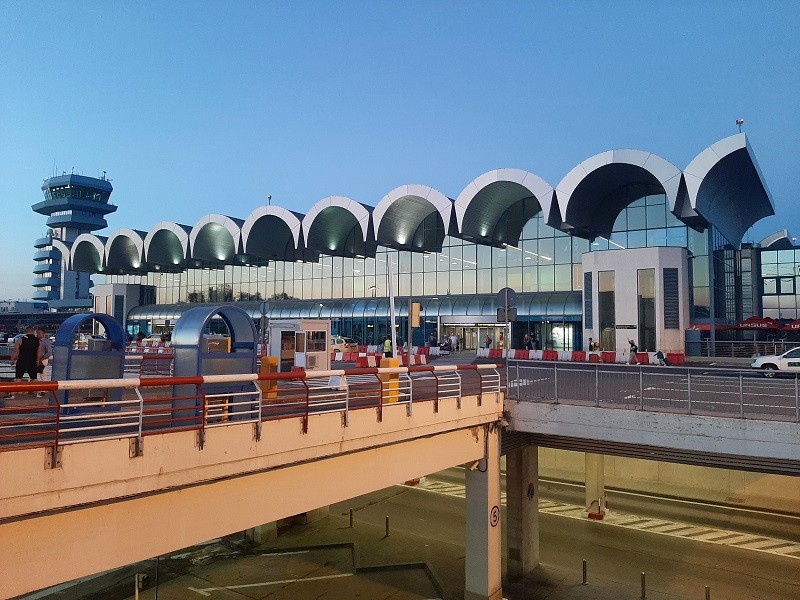Romania and Bulgaria Join Schengen Area, With a Caveat
Romania and Bulgaria have joined the Schengen area and abolished passport control for flights to other Schengen countries, although checks remain in place at land borders.
Schengen Area
Today on 31st March 2024, Romania and Bulgaria officially joined Europe’s border-free Schengen area.
Due to Austrian opposition, only Romanian and Bulgarian airports and harbours are included in the Schengen zone and no longer have passport checks when travelling to or from another Schengen country.
Flying to Romania and Bulgaria
Temporary checks
According to the Schengen Agreement, member states still have the possibility to carry out random checks, as well as the right to temporarily reinstate border control in exceptional situations.
This was for example done at the height of the European migrant crisis in 2016.
Land borders
Visa rules

Conclusion
Romania and Bulgaria have partially joined the border-free Schengen area, although this will only apply for airports and sea ports.





